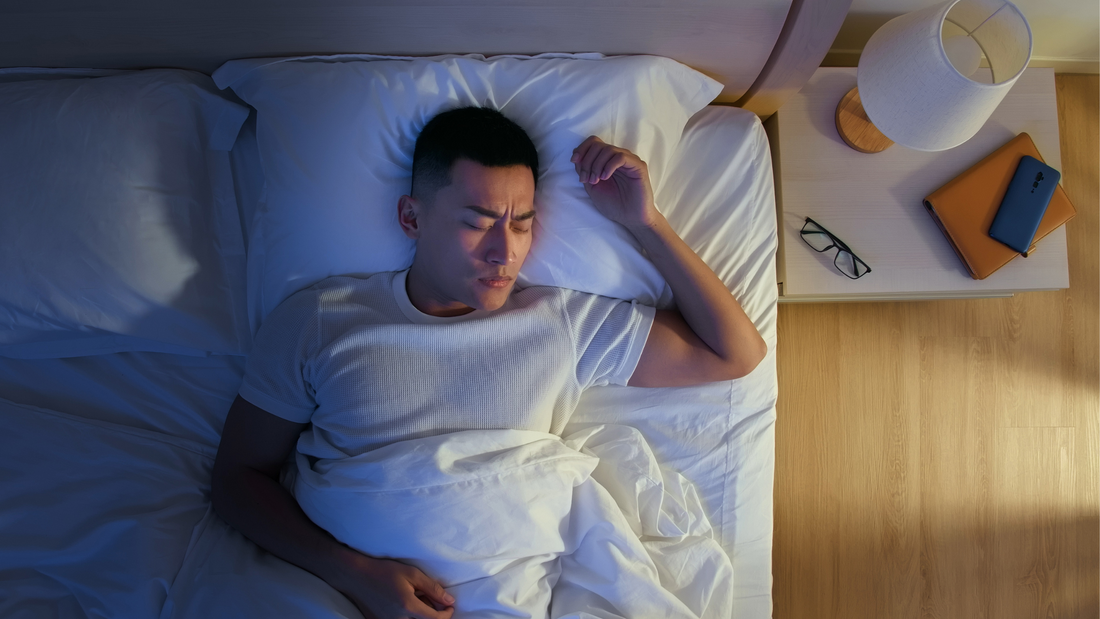Sleep is important for your health, happiness, and productivity. But if you have children or are an adult with young children, work long hours, or have other responsibilities that require attention at night, it can be especially challenging to get enough sleep on a regular basis. Improving your sleep when times are tough might take some effort on your part—but the result will be worth it!
Set aside enough time for sleep.
It's important to set aside enough time for sleep. You should aim for seven to eight hours every night and try to make sure that you get the same amount of sleep every night. Your body will adjust better if you stick with a routine, even if it means going to bed earlier than usual or waking up earlier than usual on weekends. Avoid naps during the day; they can make it harder for you to fall asleep at night since they disrupt your circadian rhythm (your internal clock).
Consistent sleep times.
Consistent sleep times are important for a few reasons. First, they make it easier for your body to get into a rhythm and know when it needs to be sleeping. Second, if you're going through a stressful time period where you have trouble sleeping, sticking with a consistent schedule will make it easier for your body to adjust and get back into its normal routine.
The best way to achieve consistency is by setting up an alarm clock or using an app that can remind you when it's time to go to bed each night--and then following those instructions! If possible, try not to change anything else about the rest of your day so that as little as possible changes between days (like eating meals at roughly the same times). If this isn't possible due to circumstances beyond control, try focusing on getting enough sleep during non-work hours instead of worrying about whether everything else matches up perfectly every day; consistency should still be prioritized but may not always be achievable depending on what else is going on in life at any given time.
Exercise improves sleep.
Exercise is the best way to improve your sleep, and it's not just because it helps you fall asleep faster or stay asleep longer. Regular exercise has also been shown to improve overall quality of sleep.
Studies have shown that people who exercise regularly experience less daytime fatigue and higher energy levels than those who don't exercise. This improved energy means they're able to complete tasks more quickly throughout the day--which means less time spent lying in bed wishing you could get up!

Bright light during daytime helps.
A second way to help your body clock is by exposing yourself to bright light during daytime hours. This can be done with a light box or other artificial sources of light, but it's also possible simply by being outdoors and enjoying the sun. The more intense the light, the better; this means that you should avoid wearing sunglasses when you're outside (especially if they're darkly tinted) and avoid staying inside when it's sunny!
If this sounds like an easy thing to do in theory--just go outside during the day--it may not be so easy in practice. If you work nights and don't have access to natural sunlight during working hours, then finding opportunities for exposure will require some planning on your part (for example: "I'll spend my lunch break at a park"). But if there are no safety concerns about spending time outdoors during daylight hours, then there shouldn't be anything stopping us from taking advantage of these benefits!
Where you sleep matters.
- Sleep in a dark room. The darker the better, but if you can't make your entire bedroom pitch-black, use curtains or shades to block out light from streetlights and other sources.
- Sleep on a comfortable mattress. Don't be afraid to splurge here--a good night's sleep is worth investing in!
- Avoid using your bed for anything other than sleeping. If you watch TV in bed or eat there regularly (or even sometimes), try moving those activities elsewhere so that your body associates the space with restful activities only.
Conclusion
We hope these tips will help you to get a better night's sleep, even when life is stressful. Remember that good sleep is important for your health and well-being, so don't settle for less than what you need!

